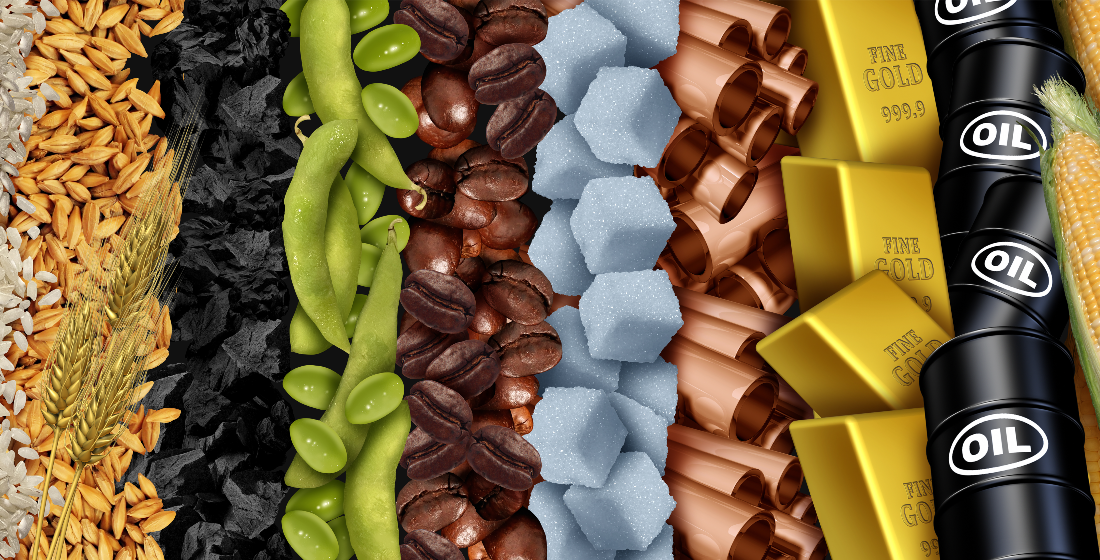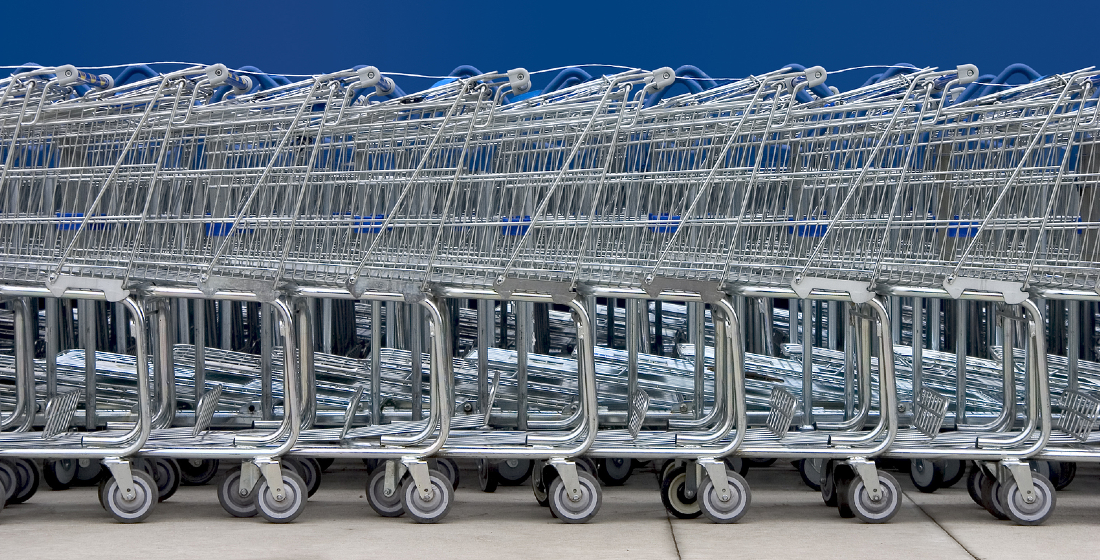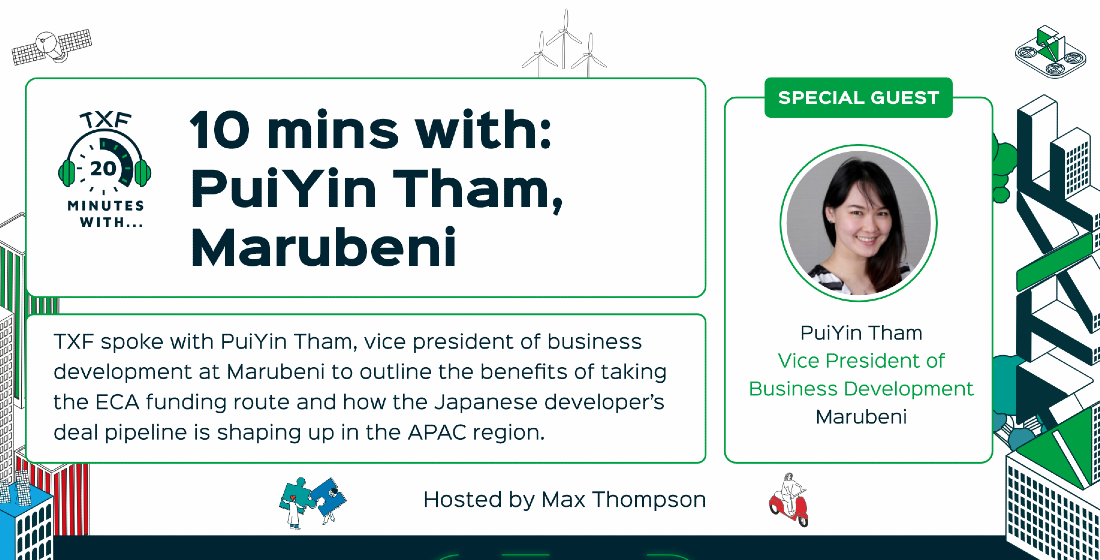What does increasing resource nationalism mean for global trade?
The concept of resource nationalism has made headlines in the wake of Russia’s war in Ukraine as countries scramble to secure their commodity supplies. Outside of the developed world, the voices calling for a more equitable settlement for producers are louder than ever. As governments in Asia and Latin America look towards export bans and nationalisation, could international trade be set for a transformational moment?

Amman Mineral International is aiming high. An initial public offering that hits $880 million (IDR12.94 trillion) would make it the largest listing in Southeast Asia this year, but that’s the target according to the company’s prospectus. It is scheduled for 28 June to 3 July. Interestingly, the benchmark has been set by another Indonesian mining firm, the nickel producer Trimegah Bangun Persada. Amman’s performance will set the tone for a number of IPOs set to debut in Indonesia over the coming months – including Pertamina Hulu Energi, the upstream arm of Pertamina, the state-owned oil and gas firm.
Indonesia has captured the spotlight in the metals markets since it first announced a controversial ban on the export of raw materials. A full ban on the export of nickel ore has been in place since January 2020, with plans to add copper, iron ore and lead, among others. A bauxite and cobalt ban will come into effect in June 2023. Indonesia is responsible for more than a third of global nickel production, a figure that analysts say will grow steadily, and last year it produced around 50 million tonnes of bauxite. In the context of a global race to secure minerals that will support the energy transition, the decision to restrict exports is a momentous one.
For Indonesia, the bans are designed to encourage more domestic value-creation through downstream facilities. President Joko Widodo has argued that a reliance on commodity exports has held back the country’s economic development despite the riches offered by soaring prices. Companies will be forced to locate more refining facilities in Indonesia, and consequently Indonesia will avoid many of the problems associated with a phenomenon known as Dutch Disease. With this in mind, Amman has benefitted from an exemption from the export ban on copper concentrates until May 2024. This will allow the company to generate revenue for a new $983 million copper smelter that will produce 220,000 tonnes of copper cathodes per annum.
Why is this a significant development for the metals and mining industry? Taken in isolation, the nickel export ban has proven to be extraordinarily successful for Indonesia. Total export revenues have almost tripled thanks to increased domestic production of stainless steel, the primary product of nickel ore. Reuters has reported on a total of $15 billion in investment over the past three years for battery materials and electric vehicle production. Much of this has been led by Chinese metal producers like Tsingshan looking to offshore their refineries. Government ministers have claimed that a British consortium that includes Glencore is looking to invest around $9 billion in the country’s EV battery sector over the coming months, and rumours have continued to swirl around an alleged agreement with Tesla for new production facilities.
In the broader context of industry trends, Indonesia is at the forefront of a global shift towards resource nationalism. For producer and consumer countries this can mean different things. Indonesia’s export ban sits comfortably next to Chile’s plan to nationalise its lithium industry, which itself followed a precedent set down by Mexico in 2022. President Gabriel Boric has also upped the top rate of tax for miners producing more than 80,000 tonnes of fine copper per annum to 47%. In each of these cases, government officials have looked to secure a greater return from the companies that have secured fabulous profits from mineral extraction. For many, local communities have too often been left only with the legacy of pollution as a thanks for their resources.
By contrast, the EU has been absorbed in its own battle for natural resources as a majority importer of goods. Europe’s overreliance on Russian energy has pushed it to forge new alliances with emerging producers of gas in the Gulf while boosting its imports of coal from Africa. This process of diversifying commodity streams is not unique to energy. Europe has fought to end China’s hegemonic grip over downstream metal production through direct investment in new mining facilities. More often than not, Europe’s ECAs have led from the front in this regard. Euler Hermes is currently in negotiations over a $600 million untied loan guarantee for the Arafura Rare Earths’ Nolans project in Australia’s Northern Territory to secure access to neodymium praseodymium. Meanwhile, the involvement of Sweden’s EKN in the DRC’s Kamoa-Kakula copper mine was the key to unlocking financing for phase two of the project. These developments mark a notable change in ECA mandates in the sector; while investment was once tied to the procurement of services, it is now linked to the provision of offtake.
In this context, it is unsurprising that the EU has pushed back on Indonesia’s export ban through a formal complaint at the World Trade Organisation. At the end of 2022, the WTO backed the EU’s claims, ruling that the ban is harmful to the global stainless-steel industry. Indonesia’s response has been bullish, and comments from Trade Minister Muhammad Lutfi were telling: “These efforts remind us of a time when the exploitation of natural resources was not for the benefit of the owners of natural resources themselves”. The government has appealed, and it seems unlikely that this ruling will affect its export policy any time soon.
Geopolitics have driven this battle for resources so far in ways that go beyond the West’s attempts to decouple itself from Russia and China. It is easy to reframe the “producers vs consumers” debate as a fresh source of conflict between the Global North and the Global South. As climate change wreaks more havoc in the developing world, one increasingly obvious conclusion is that the era of untethered free trade has allowed the developed world to export its pollution at a low cost. Indonesia, Chile and Mexico are flexing the advantages they possess in a world that is now defined by fragmentation. From their perspective, the weaponisation of trade has rebalanced what was an inequitable relationship.
Fortunately, there is little need to see this is an entirely detrimental process. The landscape of international trade is changing, and many governments have already made moves that recognise this. The United States still possesses tremendous commodity wealth, but developing new sources has always been held back by litigation and a strenuous permit process. As such, the investment offered under the Inflation Reduction Act offers a game-changing source of funding for commodity projects abroad. ECAs have already sought to increase their appetite for natural resources, and their support is often a catalyst for commercial backing in challenging risk environments.
The opportunities here are tremendous. While resource nationalism has erected some barriers, it has also forced the world to reckon with questions of supply security. It may yet encourage more investment in upskilling developing economies, while strengthening the independence of the developed world. Most fundamentally, it is also a stimulant for greater investment in natural resources as demand grows. As one lawyer with expertise in the mining industry put it to TXF, “it’s an enormous sea change in the availability of funding for the sector that didn't exist five years ago.” In other words, the developed world has the tools to diversify its commodity sources while establishing strong relationships with new partners.
The caveat to all of this is that producers are now asserting their right to ensure that these projects create value for them. As one panellist argued at TXF’s recent Global Commodity Finance event in Amsterdam, “businesses are coming to terms with the fact that to work in emerging markets, you need a social licence first”. These demands will only grow more insistent as the race to secure critical commodities heats up.
Become a subscriber today for unrestricted access to the best export, trade and commodity finance analysis available.
Click here for information on the different packages available for you and your team
Exclusive subscriber-only content published last week:
Indonesia out for city PPP adviser
The ADB is expected to hire a PPP expert to help support the set-up of a new capital city at Nusantara in East Kalimantan, Indonesia.
More details on Akbank's debut social loan
More details have emerged on Akbank’s first social syndicated loan signed in April this year.
Uzbek hospital tender to sound out developer appetite
Uzbekistan is due to launch the tender to prospective developers for the construction of the Fergana hospital in Uzbekistan at the end of June.
Maldives solar plus battery storage system tenders progresses
The government of Maldives held a market sounding session for its 20MWp solar PV and 37MWh battery energy storage system (BESS) PPP projects last week.
World Bank, AIIB to finance Philippine’s $1bn digital transformation
The World Bank and AIIB are proposing a $1 billion project to assist the Philippines in fostering an enabling environment for digital technology growth.
Stonepeak completes KAPS financing
Stonepeak Partners, via borrowing vehicle Kentucky Buyer, has raised debt facilities to partially fund its C$662.5 million ($490.3 million) acquisition of a 50% stake in Canadian NGL pipeline KAPS from Pembina Gas Infrastructure.
Bill Caudle, president of Bechtel Enterprises, discusses his role, the company’s position as an EPC contractor and deal catalyst, and how, in a time of global inflation, ECA and DFI finance can help avoid projects being ‘pushed to the right’.
TXF Amsterdam 2023: Top Takeaways
The TXF Global Commodity Finance and Sustainable Natural Resources event has returned to Amsterdam for another year, this time accompanied by the Industry Awards Dinner. After another year of volatility, the commodity finance industry is facing a period of continued turmoil and transition.





